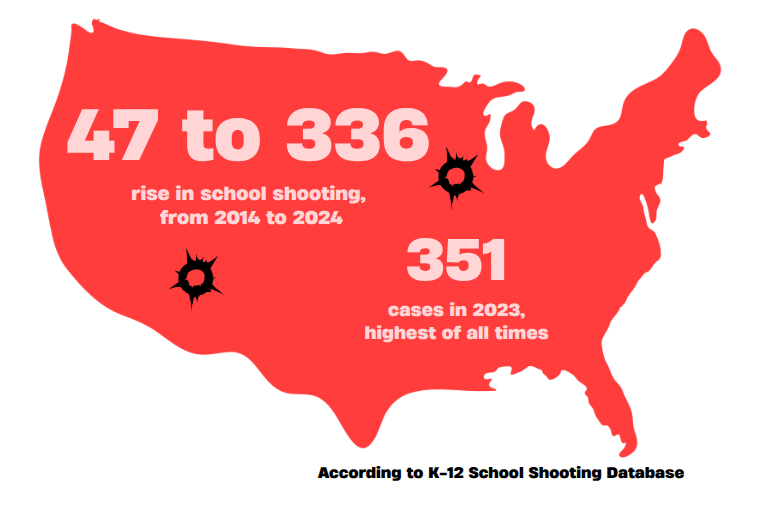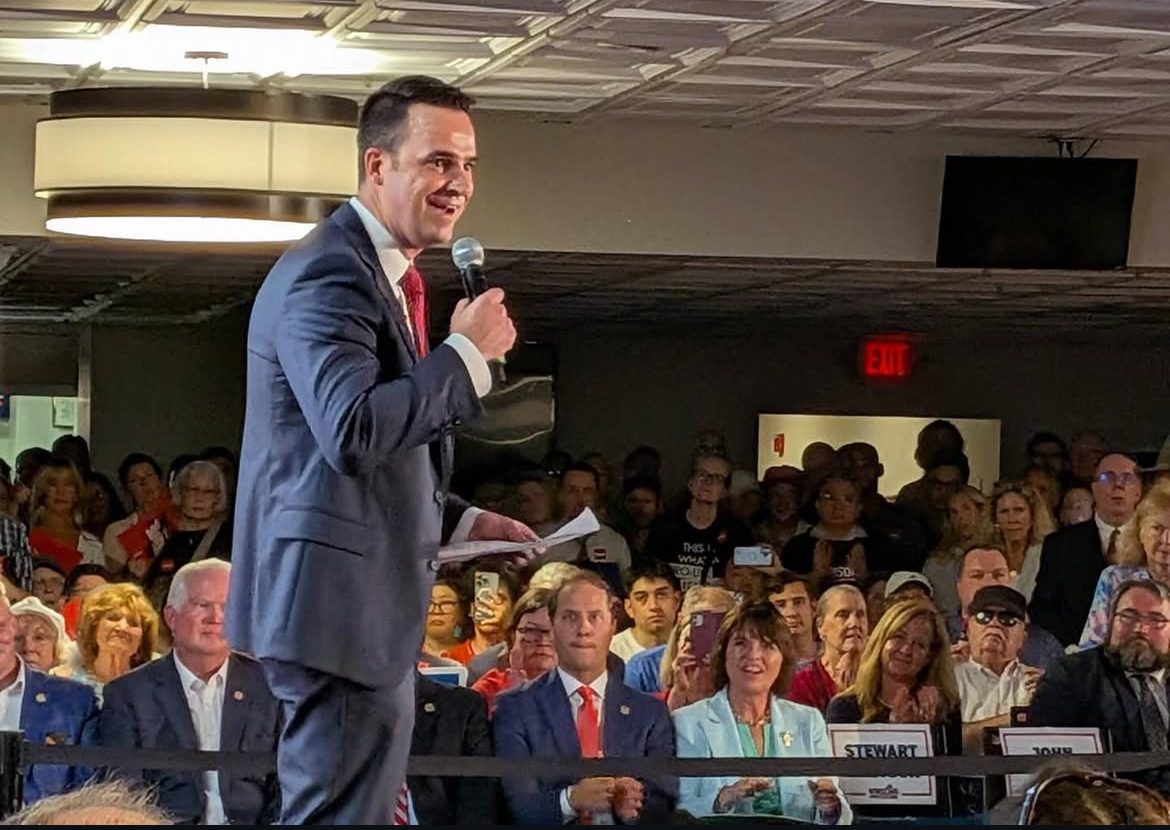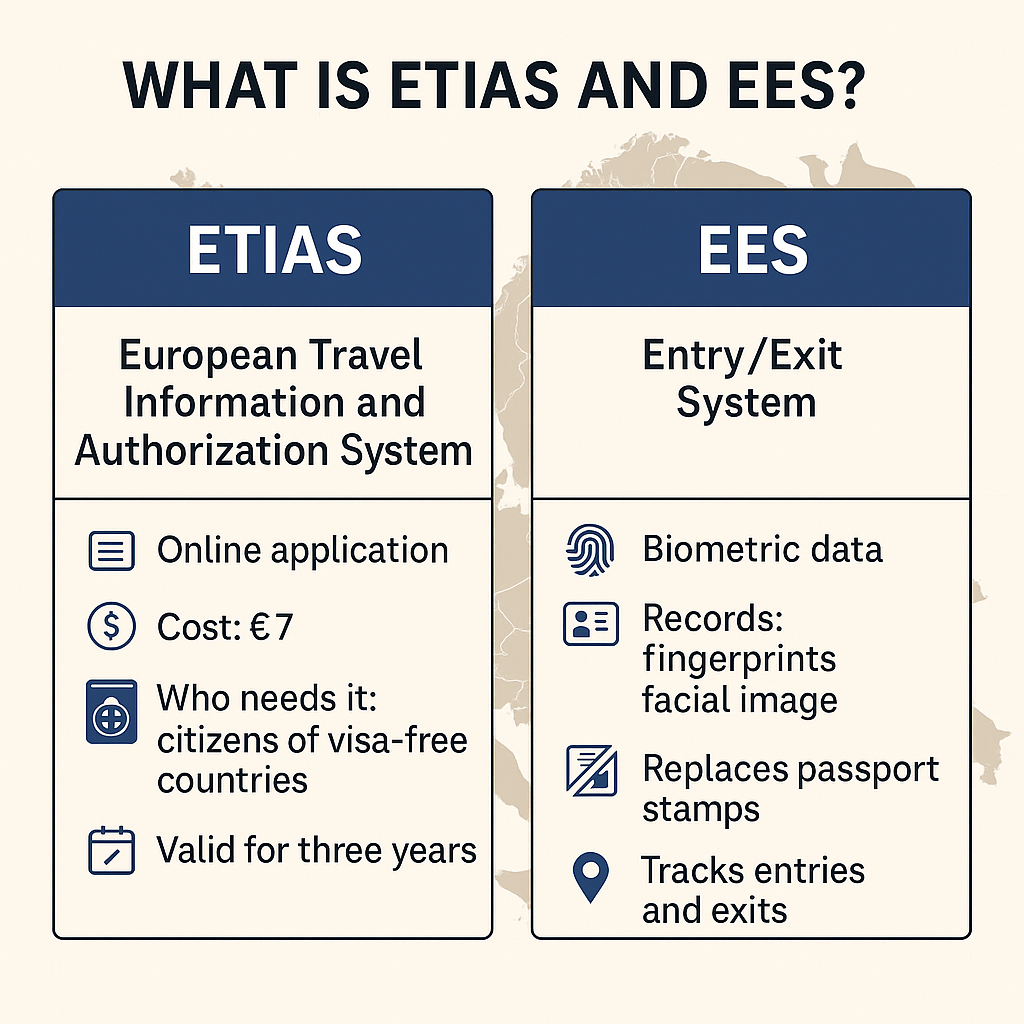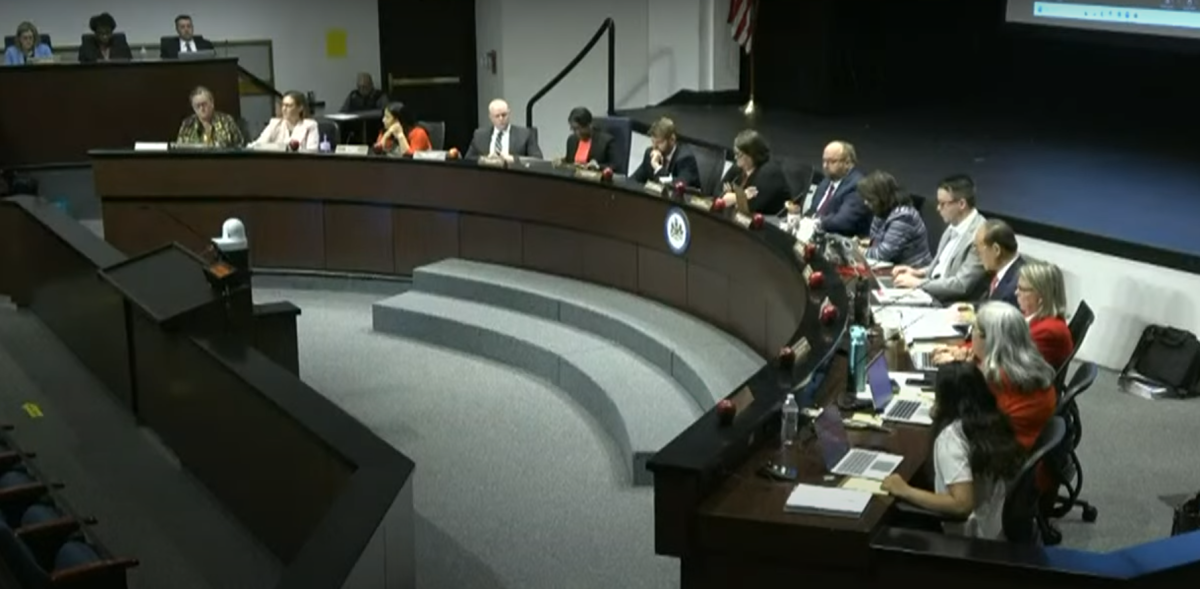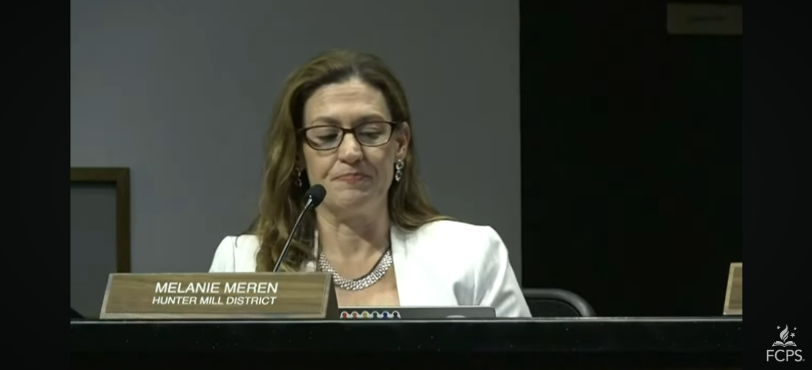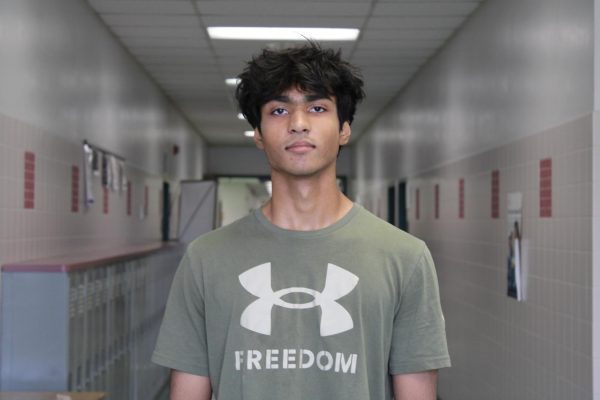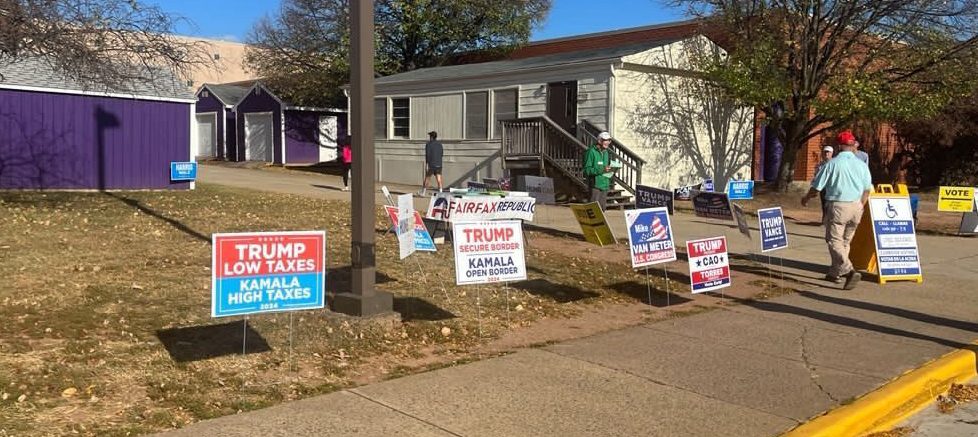
Almost daily, president-elect Donald Trump announces a new cabinet member. Trump’s rapid reprisal of the presidency– including plans for the Department of Government Efficiency– hits hard for many students at CHS as a school in Fairfax County, home to a 90% Democratic Board of Supervisors.
“I think for the most part, everyone’s pretty moderately liberal in this area,” senior Elsa Asfaw said. “[Northern Virginia is] a really diverse area and I think there are quite a few Republicans, but they’d probably be more moderate.”
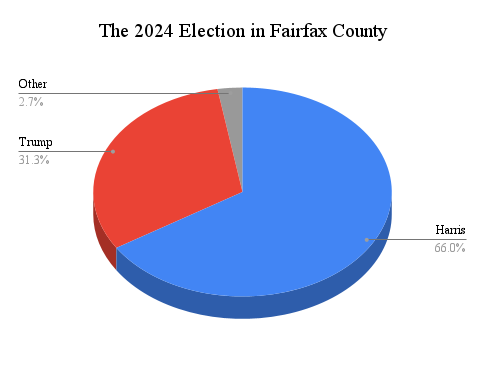
Nearly two thirds of Fairfax County voters chose Harris on their ballots. Junior Aarna Bhamidipati said she heard conservative points of view “in the media,” but “not in school.” These county demographics reflect why many students have doubts about president-elect Donald Trump, along with the Republican majorities in Congress. Students have concerns about Trump’s social policies, which in his previous term included rollbacks for LGBTQ rights and the three Supreme Court justices he appointed all voting to overturn Roe v. Wade.
“I think people are worried about social rights,” Asfaw said. “The main reason why [Trump] was elected again was for the economy . . . after he helped overturn Roe v. Wade, I think people are kind of anxious and worried about what the future may hold with his presidency.”
Besides conservative policies, a common topic of discussion is where Kamala Harris may have gone wrong in her campaign. Harris lost critical areas, such as historically Democratic urban centers in New Jersey and New York, along with the “blue wall” states of Wisconsin, Pennsylvania and Michigan.
Harris never fully clarified her policy on the conflict in the Gaza Strip until she said she would do “everything in [her] power to end the war in Gaza” on Nov. 2. However, it was previously assumed by many that she would continue military funding for Israel if she took office, which ended up being a key critique from people in these areas.
The Harris-Walz campaign also faced difficulties in securing votes following Joe Biden’s withdrawal from the 2024 election. According to many, the resulting time crunch was a large factor in her campaign, as she was named a presidential nominee only three months ahead of the election.
“To be honest, I think a lot of people were surprised [that Trump won] but I don’t think I was,” Bhamidipati said. “As much as [Harris] gave a really great campaign and I really wanted her to win, I feel like the rushedness of her campaign and how quick they had to put things together wouldn’t be enough to sway a lot of people.”
There was a noticeable shift toward voting Republican in many areas, including nearly every region in the pivotal swing state of Pennsylvania. In light of winning Pennsylvania, Trump even began victory speeches in Florida hours before the AP announced that he won. The results of the 2024 election elicit many different feelings, but among them is a lack of optimism in liberal students.
“People are kind of anxious and worried about what the future may hold with [Trump’s] presidency,” Asfaw said. “[I’m] honestly a little devastated about the election but I’m going to tough it out until midterms.”


